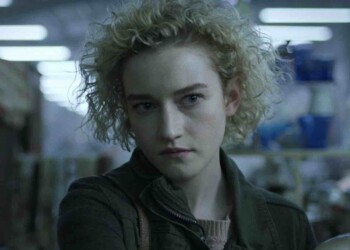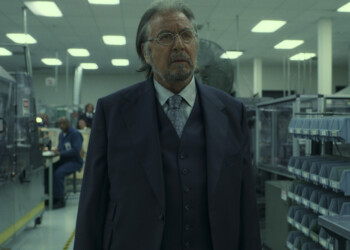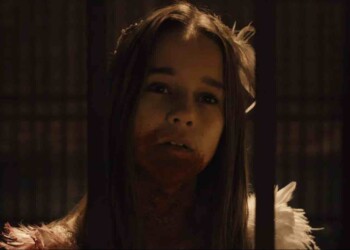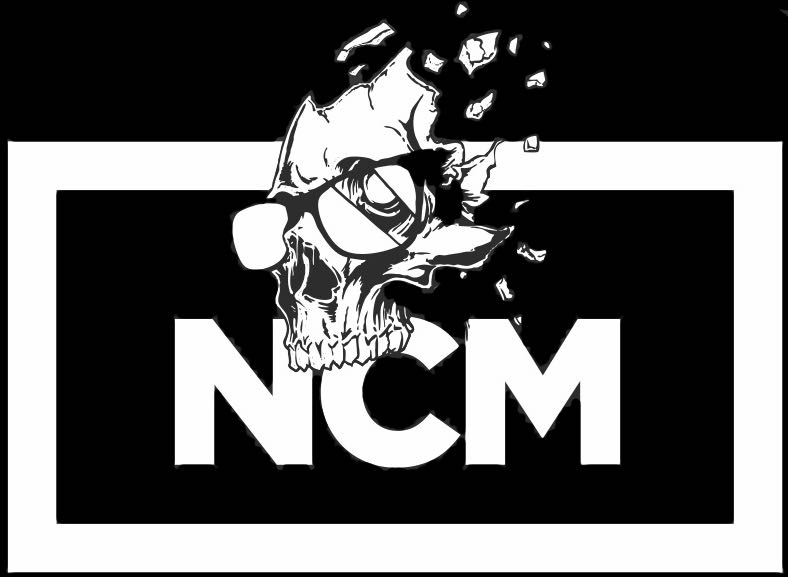***SPOILER WARNING***
It is impossible to talk about the full impact of New Avengers #32 without discussing big time spoilers. Read it. Come back. Participate in the discussion. You have been warned.
No run lasts forever. Writers and artists are living wads of creative lightning but the volume of new ideas that are required to sustain a serialized story can empty even the most engorged of minds. The industry is built to account for that. Huge rotating staffs of writers and artists cycle through a large collection of properties.
While this ecosystem is perhaps required, it creates a catch-22 of creative satisfaction. Creators have an environment where they have an unlimited amount of platforms to tell different stories and explore different mythos. They never have to feel burned out or tied to a character or world they are not invested in.
However, this can make a creator feel like their work is unimpactful. They spend years leading a character through new trails and shepherding them through a planned growth. They introduce new characters and foster new relationships all in a mission to leave their footprint on a world.
Then they leave. A new writer/artist comes in and they do the same thing often retconing and burning the work of their processor. Rather than leaving an unalterable footprint on the moon, a creator ends up leaving one on a crowded public beach and soon it is smashed down and covered by an army of footfalls.
Jonathan Hickman is nearing the end of his Incursion Saga, a story that has taken place in both his Avengers and New Avengers runs. The Incursion Saga has always been impressive in its ambition if not in its execution. In less than three years, the story has been spread out over more than seventy issues, traveled to the outermost parts of space and millions of years in the future. Hickman has raised universes and fell gods. He has started galactic wars and then introduced scenarios than that made those wars seem dismissive.
Hickman even staged his story in the preludes of Secret Wars, an event Marvel promises will be unlike other comic book events in that it will have a lasting impact in the ongoing story of a rebuilt Marvel universe.
Yet as a reader, the hollowness of it all has still been felt over the past couple issues. Hickman has tried to stage the twilight of this saga in the death rattles of the multiverse, and seems to be asking the reader to hover with thrilled suspense.
Perhaps, it is the jaded comic book hipster in me that has caused these attempts to seem squeaky and unimpressive. But after New Avengers #32, I feel like Hickaman might have been setting me up, baiting me into thinking I was participating in tired old exercise only to land a punchline that shows how aware he is of my feelings and delivering a commentary on the death of the retcon and repeat cycle.
New Avengers #32 sees The Unworthy Thor, Hyperion, Abyss, Nightmask, Starbrand and the Ex Nihilo army stranded in the void on the empty multiverse looking for the culprits behind the Incursions.
They find them. Two Beyonders who admit to being the catalyst for an experiment that caused the incursions. This is a comic book so you know the next part.
A battle ensues and within a few panels all the heroes except Thor and Hyperion die.
The death of a super hero has the punch of a yawn in the cynical landscape of today’s comics but there is a subtext to the characters that Hickman chose to kill and the timing of their deaths.
Nightmask, Starbrand, Abyss and the Ex Nihilos are characters that Hickman created in the first five or so issues of his run. They were his Avengers legacy. They were going to be the footprint he left. The choice to kill them all together in the last battle of a conflict that is the crux of his Avengers epic communicates to me that Hickman is aware of the cycle where he is a step. He knows that the next Avengers writer will undo much of his work. He knows that they would relegate the character he created to the forgotten corps of esoteric Avengers.
Rather than trying to make a lasting impact, Hickman just tries to tell a complete story. He understands the scope of the greater Marvel Universe and his place in it.
Then he gives that understanding a bit of a twist.
Hyperion and the once again worthy Thor stare down an army of Beyonders pouring from a rift in the multiverse and parish in one last attempt to save everything.
The death of established characters contrasted against the death of these newer ones gives them both context. The reader has had their cynicism jarred by the initial deaths and then while left in a vulnerable state, the knock out is delivered.
Hickman fools us into thinking he has accepted his own insignificance and acknowledged that any changes he could make would be masturbatory and easily reversible. Then he kills an original Avenger.
The punchiness of it is effective and the absence of the traditional male Thor from the Marvel marketing deluge leads me to think the death will stick at least for as long as a comic book death can.
The way Hickman cleared his own board talks to us in so many ways. He knows the cycle he is stuck in. He knows that while he can write a story that tears down every wall there has ever been it isn’t his story. And those walls can be rebuilt with a press on the keyboard and the sketch of a gabbing head.
There is a hopelessness to that, just like there is a hopelessness to facing down an army of Universe killing god monsters. But like Thor, Hickman is left fighting alone. Both hopeless to actually win but going down just wanting to finish their story.






